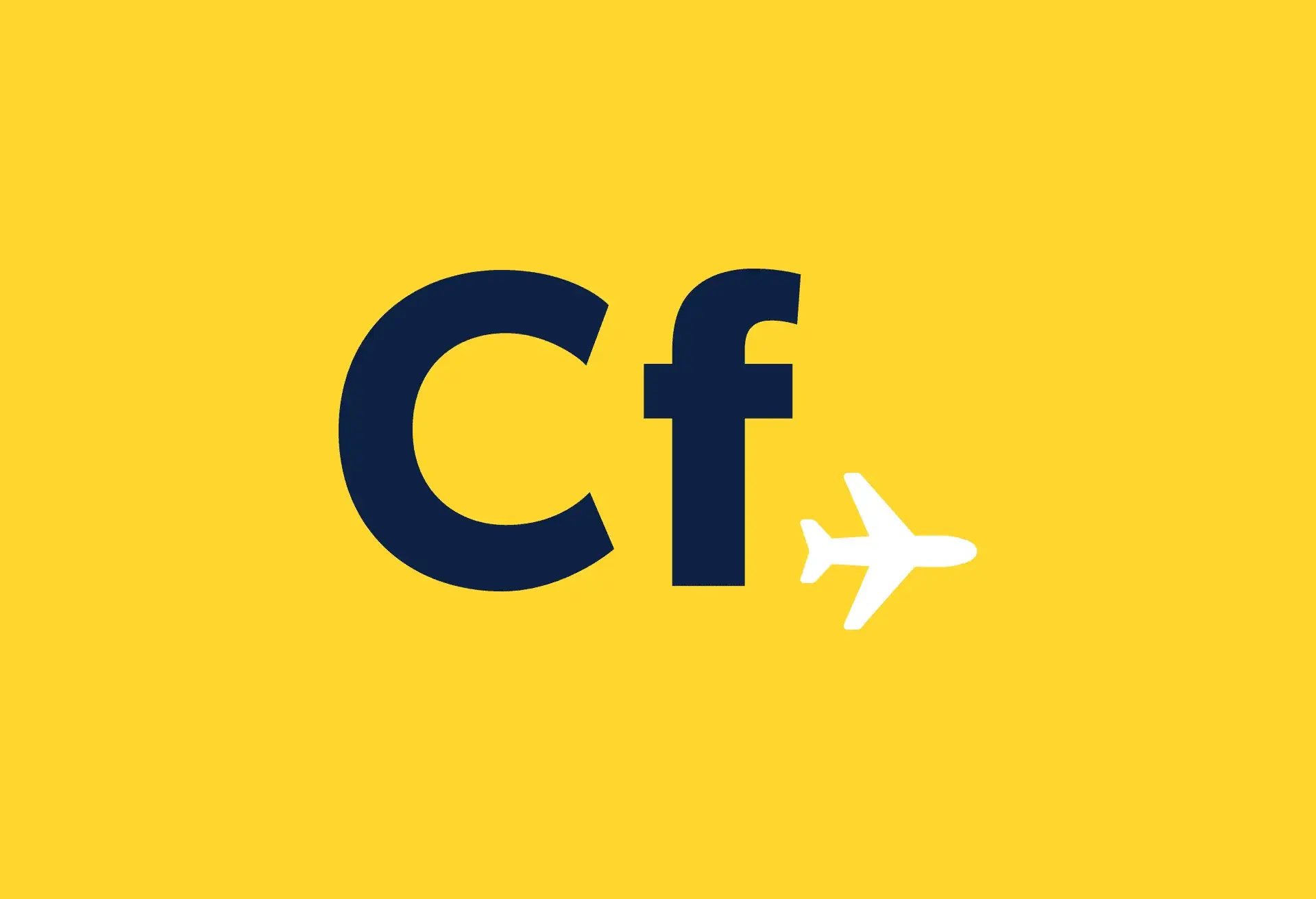The Financial Times reports that “Carbon trade war edges nearer”. Reading Saturday’s FT it would appear that the EU’s recent unilateral inclusion of international airlines into its local carbon emissions trading scheme has indeed poked a wasps’ nest as we suggested in early February, writes John Barrington-Carver.
More than 20 countries have been invited to attend a meeting in Moscow to discuss potential retaliatory measures against the EU. If these were to be put into effect there would be no winners in what would become a “tit for tat” trade war. Brussels would find itself handling a situation with the rest of the world that would seriously exacerbate the current Eurozone currency crisis and potentially isolate EU countries from overseas markets. For instance, existing manufacturing sales contracts such as the Airbus contract with China are already under threat. As Europe, along with the rest of the Western economies, hopes that an economic recovery will soon start to gain traction, what is not required is unilateral EU legislation that threatens to endanger that recovery and isolate the EU.
In the face of mounting international criticism the EU Climate Commissioner is now saying that until a global solution is arrived at, the EU will continue with the scheme. What is ironic about this is that there is a proposed global emissions scheme. This has been championed by the ICAO (International Civil Aviation Organisation) and the aviation industry’s representative organisation IATA for the past five years. It is a valid question to ask therefore, if the EU are now prepared to “consider suggestions for an even better, global solution” why did they not support and help achieve the ICAO plan five years ago which already had widespread international support? Sadly the answer may be the one suggested by IATA: namely that the EU ETS was a unilateral “local” tax raising scheme which used climate change as the validating reason.
If the EU is really serious about participating in a global solution like the ICAO scheme it should drop its imposition of the ETS on the rest of the world to avoid a no-win trade war situation. It should instead actively encourage, support and help implement the ICAO global plan – after all, as the great statesman Sir Winston Churchill said: “It is ‘better to jaw-jaw than to war-war” and a U-turn by Brussels definitely appears a better option than a head-on crash with the rest of the world.
To read the FT article visit www.ft.com (registration).
(Image: Simon_sees)


